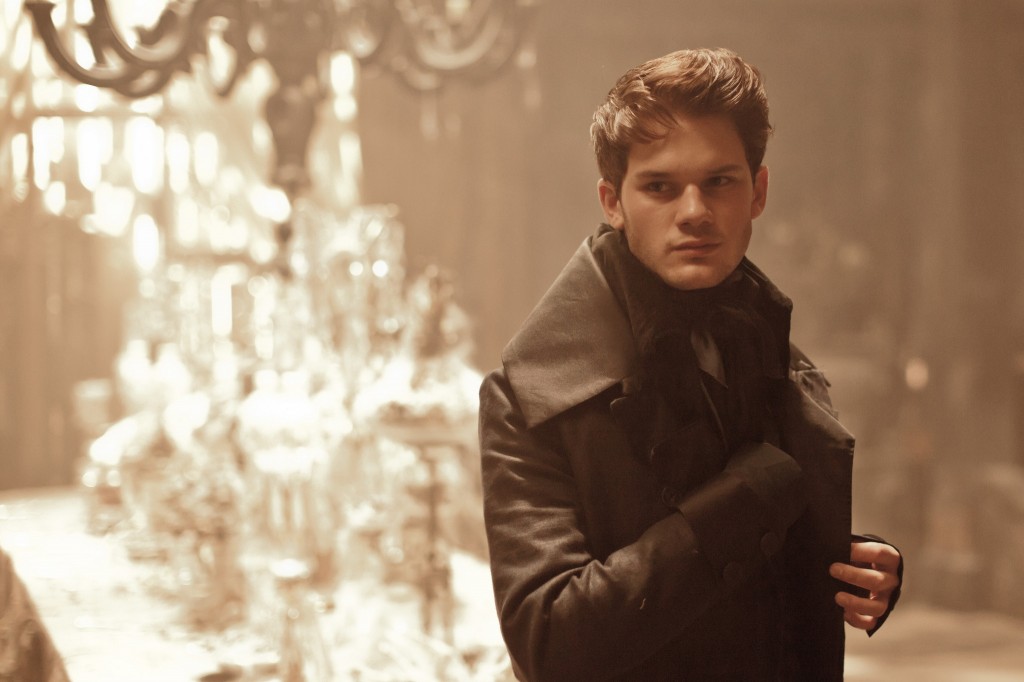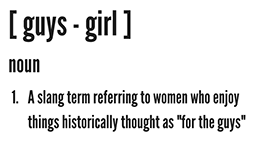I’ve wanted to talk about Daenerys Targaryen for quite some time, but I was never really certain how I wanted to talk about her. I was never really a huge fan of her—because I thought there were so many other characters who had more interesting story lines—until my third read-through of the first book in The Song of Ice and Fire series, Game of Thrones. It was during this latest reading of the text that I discovered something I couldn’t shake from my mind, and the more I thought about it, the more it made sense.
Dany Targaryen is a modern-day, female version of Phillip (Pip) Pirrip from Charles Dickens’ Great Expectations. That’s right — Game of Thrones meets Great Expectations.
George R.R. Martin, that clever man, has written a bildungsroman for the fantasy genre. For those unaware, a bildungsroman is a coming-of-age story that generally focuses on a child’s psychological and/or moral development. Obviously, this term doesn’t just include Dany, but for my purposes, I’m just going to talk about her because of my epiphany.
Let’s just take a look at some of the similarities between the characters.
Dany
1.) Orphan
2.) Raised by older brother
3.) Older brother used her to gain favor with others/get closer to throne
4.) Brother physically threatened her/beat her (also heavy sexual implications not seen with Pip’s sister)
5.) Only knew of her past and her home through Viserys
6.) At the beginning of the story, she has absolutely no authority
7.) Supported by others/benefactors
8.) Shows kindness/offers help to those who need it most
9.) Brother dies and she feels guilty despite his treatment of her
10.) Names herself
Pip
1.) Orphan
2.) Raised by older sister
3.) Older sister used him to gain favor with others/to make herself look favorable
4.) Pip’s sister physically beat him at any chance that she had
5.) Only knew of his family lineage through his sister, because she had told him his name and everything he knows about himself
6.) Pip has no authority over anything at first, not even himself or his own given name
7.) Supported by a mysterious benefactor
8.) Is kind to everyone despite his circumstances
9.) Sister dies and he feels guilty despite her treatment of him
10.) Names himself (because he can’t say “Phillip”)
Obviously, their story lines start to differ greatly once there are dragons and the battle for a throne in one and the prime and proper British life for the other. But the general outline for how the two grow up—or how we are told the two of them grow up—are very similar. It’s these similarities that are so interesting despite the genres and the authors being very different.
The first four points are the most self-explanatory and may seem like mere coincidences without exploring much further into each of these characters. The fifth item for Dany is also well-known, but for those of you who missed this bit of information in your reading (or lack thereof) of Great Expectations, here is the line, which will show up on the first page of any of its publications: “I give Pirrip as my father’s family name, on the authority of his tombstone and my sister—Mrs. Joe Gargery, who married the blacksmith.” Pip very clearly states that the only reason he knows anything about himself or his family is because of his sister’s authority, not his own.
This leads us into the sixth point in both columns: both characters’ lack of authority. They have none in the beginning of either of their tales, simply because their older siblings have run their lives and lord over the fact that Dany and Pip would be dead if it weren’t for them. Because of this, Mrs. Joe and Viserys believe that they can use Pip and Dany, respectively, in whatever way she/he chooses. This lack of authority in Dany and Pip is something both struggle with throughout the rest of the stories. Pip’s story, obviously because it has ended, finally reaches the point where he has authority over himself, but because A Song of Ice and Fire has not ended yet, no one yet knows Dany’s fate. We can, however, see that she attempts to gain more authority over herself, but it does tend to backfire on her (e.g., when the slave cities she conquers and sets free are taken over once she leaves).
Points 6-9 are again all obvious, but 8 and 9 are peculiar in that both Dany and Pip still find a way to be kind even though their lone family member is very cruel to them. For Pip, it is Joe Gargery, husband to his sister, who is his best friend and the one who treats him with respect and kindness. Joe is a blacksmith, and not part of the upper crust at all. When Pip begins to come up in the world and spend more time with the higher class, he realizes that it is Joe who is the true gentleman instead of these gentlemen only in name. For Dany, it is Khal Drogo who (eventually) shows her that even the ones others deem “savages” are more genteel than those born of aristocracy. In this instance, secondary characters in the lives of Dany and Pip even have correlations. It is also through these secondary characters that Dany and Pip begin to gather their own sense of self, or an authority over their own person.
While Pip names himself in the very beginning of the novel, Dany receives her many names and begins to name herself after first Viserys, and then Drogo and her son, all die. Dany no longer has any (human) family left of her own, and it is only then that she is reborn the “Mother of Dragons.” Pip’s sister eventually also dies, leaving him with no family to call his own. However, he loves Joe as his own brother, and his love interest, Estella, has presumably begun coming to her senses. It is heavily implied that Pip can begin his own family under his own authority. Both Dany and Pip find their own authority through the death of others; but in this death, there comes the life of something else—something stronger than what they each had before.
The reason that I find this so neat? Martin mimics something from a mid-nineteenth century British novel and uses it for his purposes in a twentieth/twenty-first century American fantasy series. It shows that even what is considered part of the literary canon (and considered by others to have no relevance to modern-day living) can continue to be more than relevant to our literature now, and can even help us understand these newer characters better. Literature is in a constant cycle, just the same as the cycle that I believe both characters are a part of.
Both characters show that death is not just a definite end: it creates a cycle. For both Pip and Dany, death causes them great strife and leaves them in terrible positions early on in their life. But as their family dwindles, they find a strength in themselves that they weren’t formerly aware of and create a new life for themselves from all of this death around them.
And that’s ultimately what A Song of Ice and Fire is trying to show us, I think. No matter who sits the throne, there will always be someone to replace him/her; no matter who is the head of a House, great or small, there is someone next in line; no matter how a life ends, there will always be another to pick up right after it.






